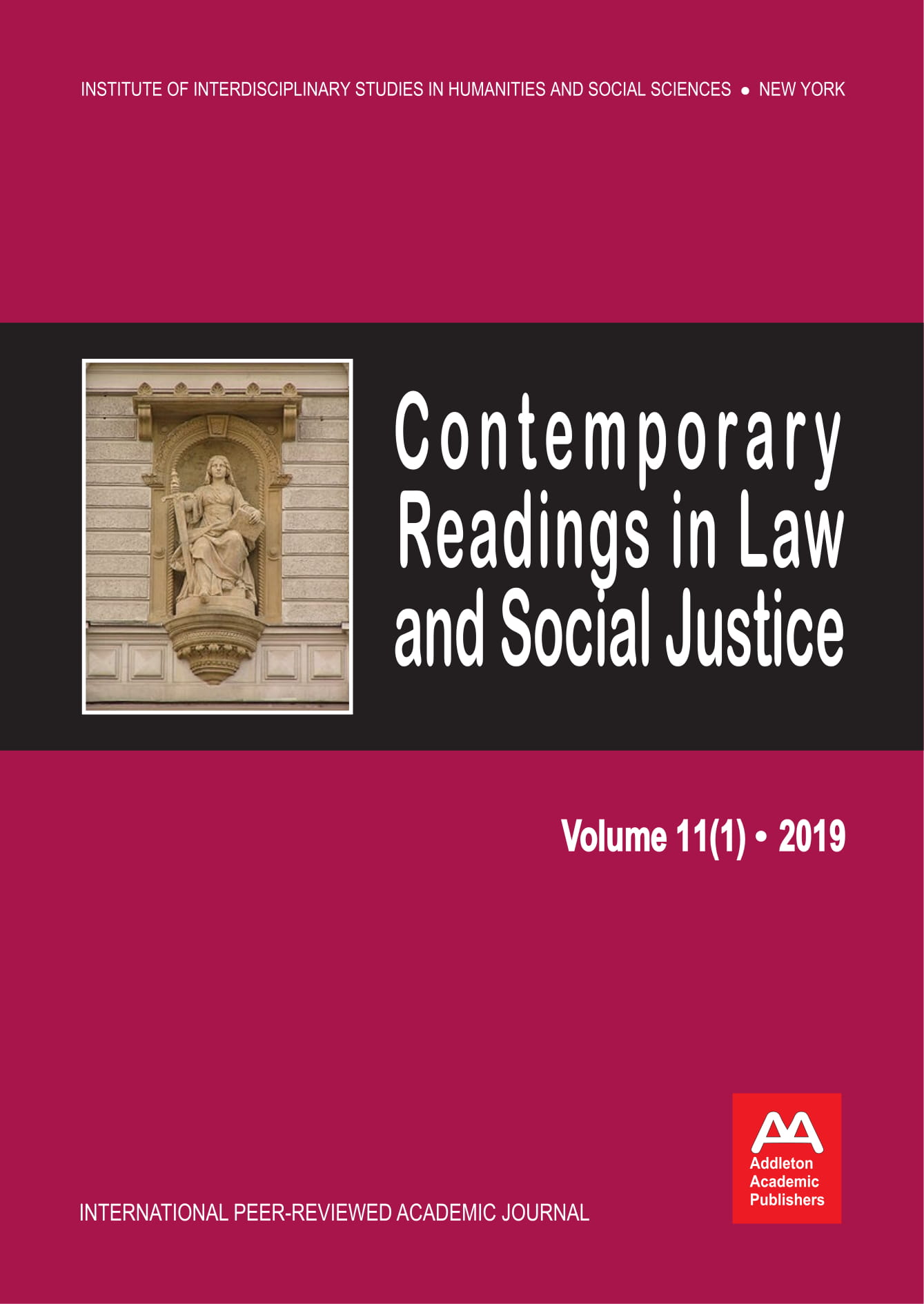Would Taxing the Robots Curtail Technological Advancement or Mitigate the Risks of Automation?
Would Taxing the Robots Curtail Technological Advancement or Mitigate the Risks of Automation?
Author(s): Luminita IonescuSubject(s): Labor relations, ICT Information and Communications Technologies
Published by: Addleton Academic Publishers
Keywords: robot; tax; technological advancement; job automation risk; algorithm;
Summary/Abstract: Empirical research provides mixed results regarding whether taxing the robots would curtail technological advancement or mitigate the risks of automation. The data used for this study was obtained and replicated from previous research conducted by McKinsey & Co. and Pew Research Center. I performed analyses and made estimates regarding % of U.S. adults who say they support or oppose certain policies in the event that robots and computers are capable of doing many human jobs, % of U.S. adults who say they would or would not want to ride in a driverless vehicle, use a robot caregiver, and apply for a job that uses a computer program to select applicants if given the opportunity, % of U.S. adults who say they are enthusiastic or worried about a future where robots and computers can do many human jobs, development of algorithms that can evaluate and hire job candidates, development of driverless vehicles, and development of robot caregivers for older adults, and % of U.S. adults who say that, in the event that robots and computers are capable of doing many human jobs, businesses are justified in replacing human workers if machines can do a better job at lower cost/there should be limits on number of jobs businesses can replace with machines, even if they are better and cheaper than humans.
Journal: Contemporary Readings in Law and Social Justice
- Issue Year: 11/2019
- Issue No: 1
- Page Range: 33-38
- Page Count: 6
- Language: English
- Content File-PDF

